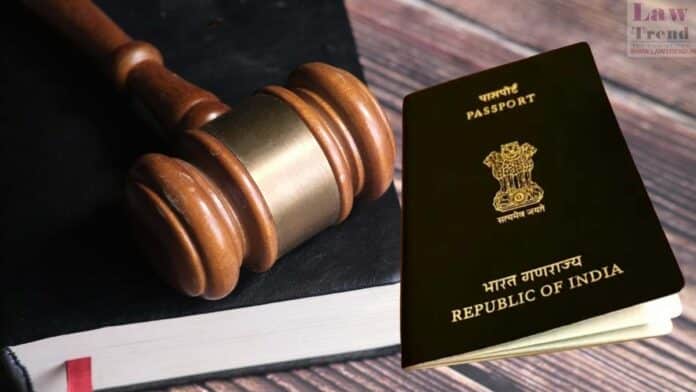The High Court of Karnataka, in a judgment dated October 16, 2025, has dismissed a writ petition challenging the denial of an RTI application, holding that passport details are “private to a person” and their disclosure to a third party could “cause a danger to the life or physical safety of the concerned person.” The
To Read More Please Subscribe to VIP Membership for Unlimited Access to All the Articles, Download Available Copies of Judgments/Order, Acess to Central/State Bare Acts, Advertisement Free Content, Access to More than 4000 Legal Drafts( Readymade Editable Formats of Suits, Petitions, Writs, Legal Notices, Divorce Petitions, 138 Notices, Bail Applications etc.) in Hindi and English.




